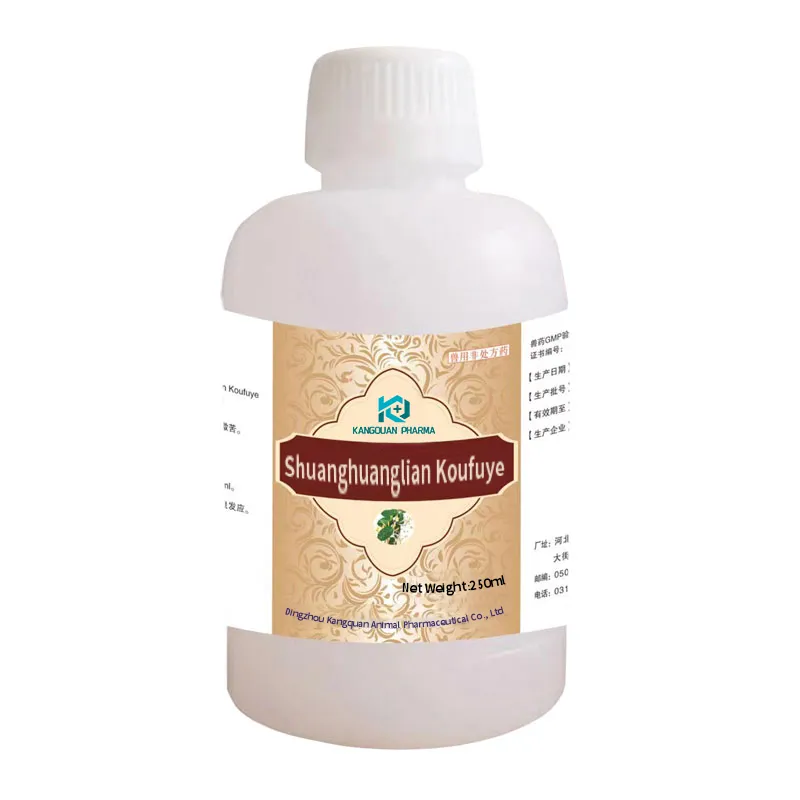- Afrikaans
- Albanian
- Amharic
- Arabic
- Armenian
- Azerbaijani
- Basque
- Belarusian
- Bengali
- Bosnian
- Bulgarian
- Catalan
- Cebuano
- Corsican
- Croatian
- Czech
- Danish
- Dutch
- English
- Esperanto
- Estonian
- Finnish
- French
- Frisian
- Galician
- Georgian
- German
- Greek
- Gujarati
- Haitian Creole
- hausa
- hawaiian
- Hebrew
- Hindi
- Miao
- Hungarian
- Icelandic
- igbo
- Indonesian
- irish
- Italian
- Japanese
- Javanese
- Kannada
- kazakh
- Khmer
- Rwandese
- Korean
- Kurdish
- Kyrgyz
- Lao
- Latin
- Latvian
- Lithuanian
- Luxembourgish
- Macedonian
- Malgashi
- Malay
- Malayalam
- Maltese
- Maori
- Marathi
- Mongolian
- Myanmar
- Nepali
- Norwegian
- Norwegian
- Occitan
- Pashto
- Persian
- Polish
- Portuguese
- Punjabi
- Romanian
- Russian
- Samoan
- Scottish Gaelic
- Serbian
- Sesotho
- Shona
- Sindhi
- Sinhala
- Slovak
- Slovenian
- Somali
- Spanish
- Sundanese
- Swahili
- Swedish
- Tagalog
- Tajik
- Tamil
- Tatar
- Telugu
- Thai
- Turkish
- Turkmen
- Ukrainian
- Urdu
- Uighur
- Uzbek
- Vietnamese
- Welsh
- Bantu
- Yiddish
- Yoruba
- Zulu
Dec . 05, 2024 11:57 Back to list
Determining Tylosin Dosage Guidelines for Canine Health Needs
Tylosin for Dogs Understanding Dosage and Usage
Tylosin is an antibiotic that belongs to the macrolide class of antibiotics. It is primarily used in veterinary medicine to treat a variety of bacterial infections in animals, particularly in dogs. This article will explore the appropriate dosage of tylosin for dogs, its uses, potential side effects, and important considerations for pet owners.
What is Tylosin?
Tylosin is effective against certain types of bacteria, particularly those that are Gram-positive. It works by inhibiting bacterial protein synthesis, thus preventing the growth and reproduction of bacteria. In veterinary medicine, tylosin is commonly prescribed for conditions such as respiratory infections, gastrointestinal disorders, and in some cases, skin infections. It is available in various forms, including oral tablets and injectable solutions.
Dosage Guidelines
The dosage of tylosin for dogs can vary significantly based on several factors including the dog's weight, the severity of the condition being treated, and the veterinarian's assessment. Generally, the common dosage range for dogs is 10-20 mg per kilogram of body weight, given two to three times a day. This means that a 10 kg dog (approximately 22 lbs) might receive between 100-200 mg of tylosin daily, divided into multiple doses.
It is crucial for pet owners to consult with a veterinarian before administering tylosin. Veterinarians will consider the dog's overall health, any pre-existing conditions, and possible drug interactions before determining the appropriate dosage. Adjustments may also be necessary if the dog responds poorly to the initial dosage or if side effects occur.
Uses of Tylosin in Dogs
Tylosin is primarily used for treating infections caused by susceptible bacteria. Some of the common conditions that tylosin may be used for include
1. Gastrointestinal Infections Tylosin is effective against certain gastrointestinal pathogens, making it useful in treating diarrhea and other digestive issues in dogs. 2. Respiratory Tract Infections It can help treat infections affecting the respiratory system, including pneumonia and bronchitis.
3. Skin Infections In some cases, tylosin may be prescribed to treat skin infections caused by bacteria.
4. Specific Diseases It has also been used off-label for certain chronic conditions, such as lymphocytic-plasmacytic enteritis, a form of inflammatory bowel disease in dogs.
how much tylosin for dogs

Potential Side Effects
While tylosin is generally considered safe when used as directed, some side effects may occur
. Common side effects include- Gastrointestinal Disturbances Dogs may experience nausea, vomiting, diarrhea, or decreased appetite.
- Allergic Reactions In rare cases, dogs may develop an allergic reaction to tylosin, leading to symptoms such as swelling, itching, or difficulty breathing.
- Changes in Behavior Some dogs may exhibit changes in behavior, such as increased aggression or lethargy.
If any adverse reactions occur, pet owners should contact their veterinarian immediately. In some cases, the veterinarian may recommend discontinuing the medication or switching to an alternative antibiotic.
Important Considerations
1. Veterinary Guidance Always seek veterinary advice before starting any new medication. Self-medicating your pet can lead to complications or worsening of their condition.
2. Follow the Prescribed Dosage Stick to the dosage prescribed by the veterinarian. Overdosing can result in serious health issues, whereas underdosing may lead to ineffective treatment.
3. Monitor Your Dog Keep an eye on your dog’s behavior and health during treatment. Report any concerning symptoms to your veterinarian promptly.
4. Storage Store tylosin in a cool, dry place and keep it out of reach of pets and children.
In conclusion, tylosin can be an effective treatment for various bacterial infections in dogs when used correctly. Understanding its dosage, uses, and potential side effects is essential for ensuring the health and safety of your furry friend. Always work closely with a veterinarian to achieve the best health outcomes for your pet.
-
Guide to Oxytetracycline Injection
NewsMar.27,2025
-
Guide to Colistin Sulphate
NewsMar.27,2025
-
Gentamicin Sulfate: Uses, Price, And Key Information
NewsMar.27,2025
-
Enrofloxacin Injection: Uses, Price, And Supplier Information
NewsMar.27,2025
-
Dexamethasone Sodium Phosphate Injection: Uses, Price, And Key Information
NewsMar.27,2025
-
Albendazole Tablet: Uses, Dosage, Cost, And Key Information
NewsMar.27,2025













